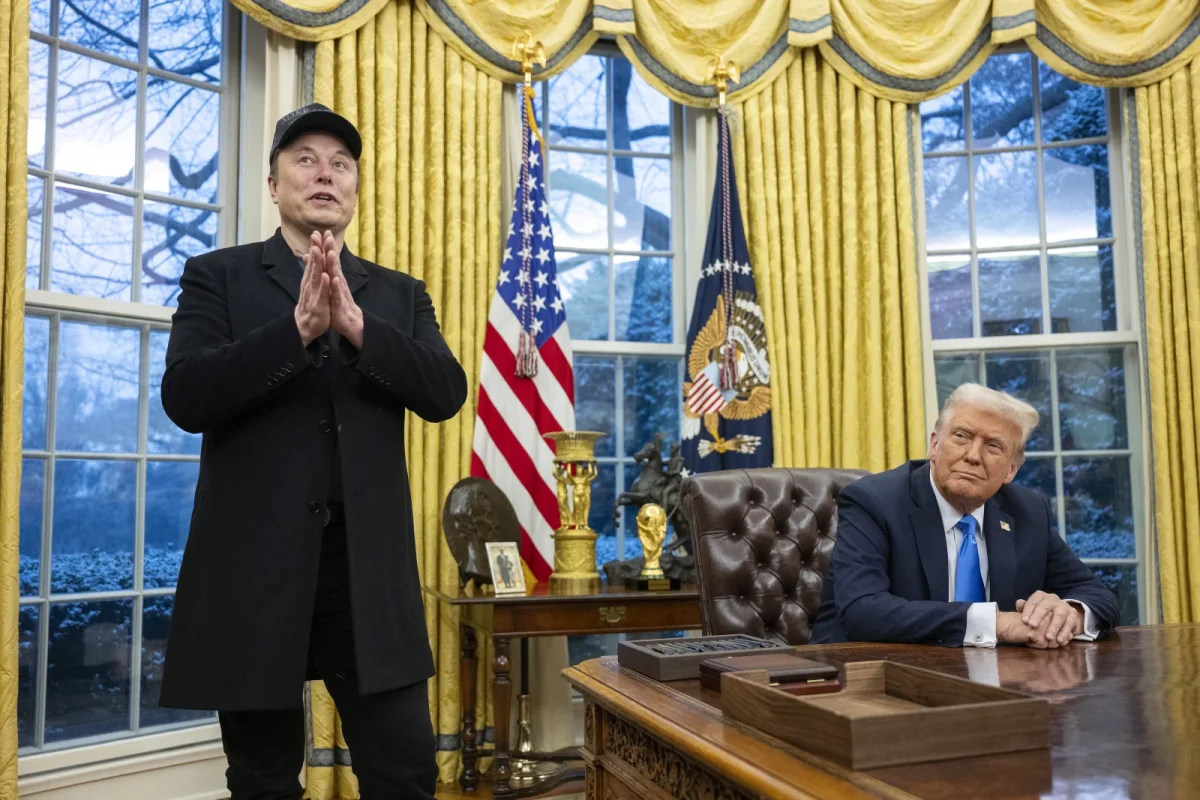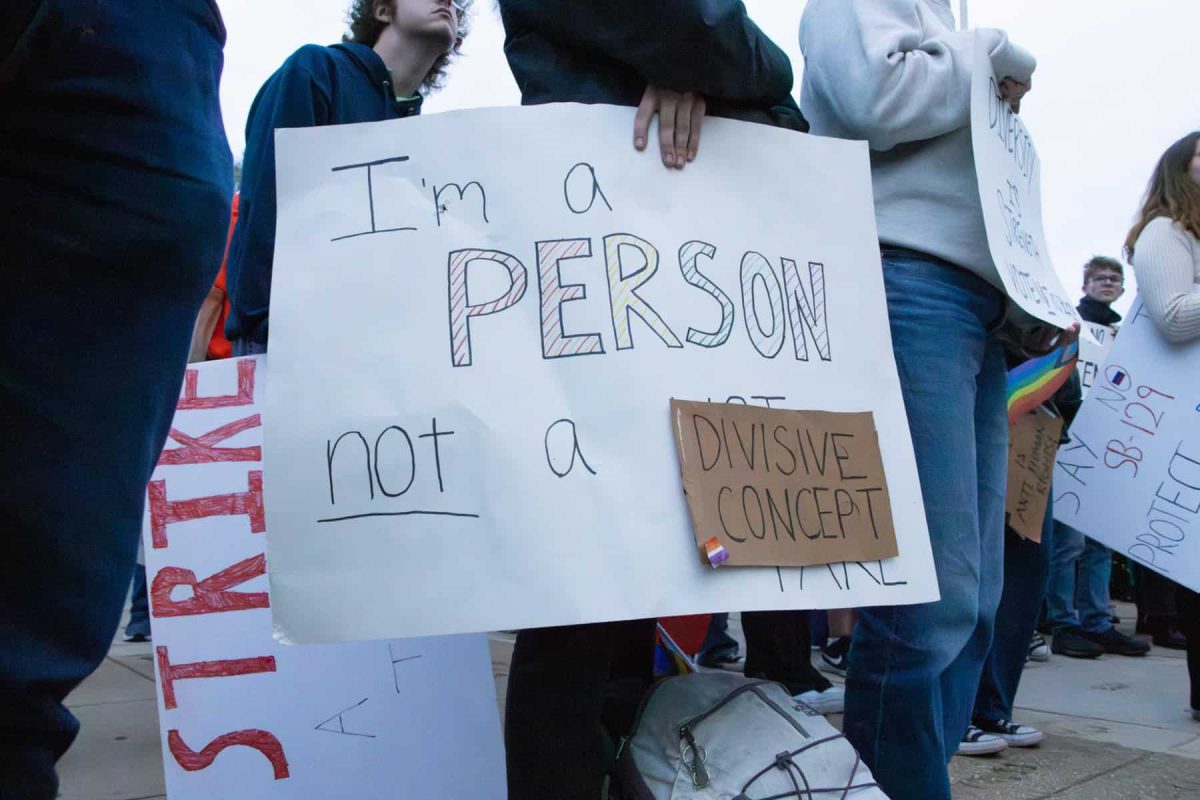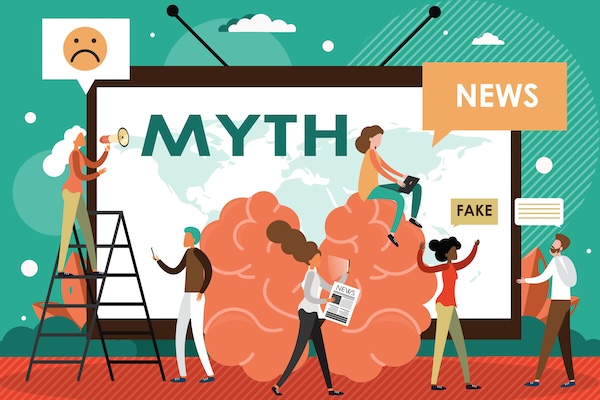As the dreaded “sequestration” word continues bouncing around the halls of Congress and down the streets of America, we should remember that just as it takes a buck to make a buck, it may very well take life-saving foreign aid to save a buck, save a life and create a job all in one.
I know, I know — foreign aid is just Americans subsidizing dictators’ golden palaces; foreign aid doesn’t work; the United States already does too much; and of course, the United States can’t afford it.
Reasonable concerns, but the fact is, foreign aid is working, and powerfully so. The plight of the poor is on an unprecedented upward trajectory. Although some money still is misdirected, politicians and aid groups are making strides to ensure greater oversight, stricter controls and better application of foreign aid. What this means is that each dollar goes further than ever before.
What it does not mean is that we are doing enough. While most Americans believe that 20 percent of the budget goes toward foreign aid, less than 1 percent is actually given. Eighteen countries give more foreign aid per person than does the United States, and, I suggest, this giving is in part a recognition of the immense dividends foreign aid pays.
Which brings me back to my initial point. It’s not just good for our karma to give, it’s actually good for our bottom line. Leaders of American defense – leaders like Adm. Mike Mullen and Gen. Colin Powell, and leaders of American industry, including Coca-Cola, Pepsi and Google, all agree that the best way to invest in America’s economy and defense is through foreign aid. With foreign aid, we create consumers of U.S. products. That’s why 95 percent of the United States’ top trade partners were, at one time, U.S. aid recipients, and why today, 45 percent of all U.S. exports go to developing countries.
But we also know that where poverty reigns, violence, extremism and instability multiply. U.S. aid gives hope to the world’s downtrodden that this life – not just the next – holds promise. And the source of that inspiration comes with a big USA stamp on the label.
As the globalized world continues to take hold, creating loyal, appreciative U.S. consumers abroad is a smart decision; with fragmented security concerns continuing to proliferate, pairing our defensive measures with proactive solutions is, according to countless top defense officials, good policy. As 25,000 children die of preventable causes each day, devoting a fraction of U.S. resources to make these stories a thing of the past may not be something we are obliged to do, but it should be something we are willing to do.












